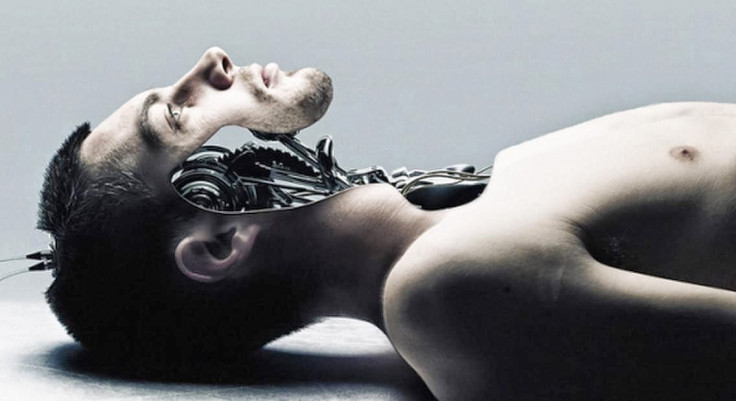Exoskeletons v wheelchairs: Disability advocates clash with futurists over 'offensive' solution

Assist the disabled or eliminate disability? This is the question a recent lawsuit in Los Angeles has sparked following a landmark agreement to spend $1.3bn (£890m) on fixing broken pavements in the city to make them more wheelchair accessible.
While widely praised in the media, the ruling has been criticised by one noted futurist who believes the money should instead have been put towards eliminating physical disability altogether through research into emerging technologies like exoskeleton suits.
What is transhumanism?
Transhumanism is a movement that aims to use technology to enhance human intellectual, physical, and psychological capabilities. This can be achieved through anything from brain implants and bionic eyes, to stem cell technology and exoskeleton body suits.
The views of Zoltan Istvan, a US presidential candidate for the Transhumanist Party, ignited a heated debate surrounding how US tax dollars should be spent when it comes to improving the lives of disabled people.
Disabled rights activist Emily Ladau labelled Istvan's attitude as discriminatory and took offence that wheelchair users are "broken" and should be repaired through new technologies.
Despite this, Istvan has stood by his comments and told IBTimes UK he has had support from people within the disabled community who agree with his transhumanist ideals that technology can be used to enhance the biological capacities of humans.
"I'm sorry to have caused anyone issues but I stand by my ideas and words," Istvan said. "They are not discriminatory in any way for a transhumanist. Transhumanists believe everyone can be improved and should be improved if they want.
"In 15 to 25 years, much of this technology will be commonplace, and much of this argument and discussion will be obsolete. We'll all be transhumanist cyborgs."
Zoltan Istvan
"Whether it's brain implants, bionic limbs, designer babies, robotic hearts, exoskeleton suits, or gene therapies that aim to eliminate death, it's decidedly unchartered territory for the human species.
"For better or worse, the society we live in treats virtually anything unchartered and socially new as contentious."
Istvan refers to the dishing out of money to assist disabled people through new infrastructure as America's "bandage culture", which fails to actually eliminate any of the underlying problems.
Istvan's proposal to let the pavements of Los Angeles fall into disrepair provoked the ire of Ladau and others within the disabled community for speaking out on issues that he is not personally affected by.
"He presumes to have the right to make the sweeping declaration that all people who use wheelchairs should just be 'repaired,' instead of repairing the sources of the problems that we face," Ladau wrote in a response on Motherboard to Istvan's article.

"The fact that Istvan published something so painful and dehumanising is an incredibly disheartening commentary on how society and media continue to negatively, and often inaccurately, perceive disability.
"This sentiment is downright offensive and directly echoes years of discrimination and eugenic practices that disability rights advocates continually fight against. For someone who comes across as believing in the power of the future, he certainly appears to be moving backwards in much of his thinking."
Istvan defended his stance further by stating that the culture of transhumanism is all about self-improvement and not being confined by biological limitations or under threat of disease and death - regardless of if someone is disabled or not.
Whether or not his views are accepted by the disabled community, Istvan believes that it won't be long before scientific and technological advancements render the current debate obsolete.
"Both disabled and able bodied people will probably replace their eyes with bionic eyes that see much better than biological ones," Istvan told IBTimes UK.
"In 15 to 25 years, much of this technology will be commonplace, and much of this argument and discussion will be obsolete. We'll all be transhumanist cyborgs."
© Copyright IBTimes 2025. All rights reserved.






















